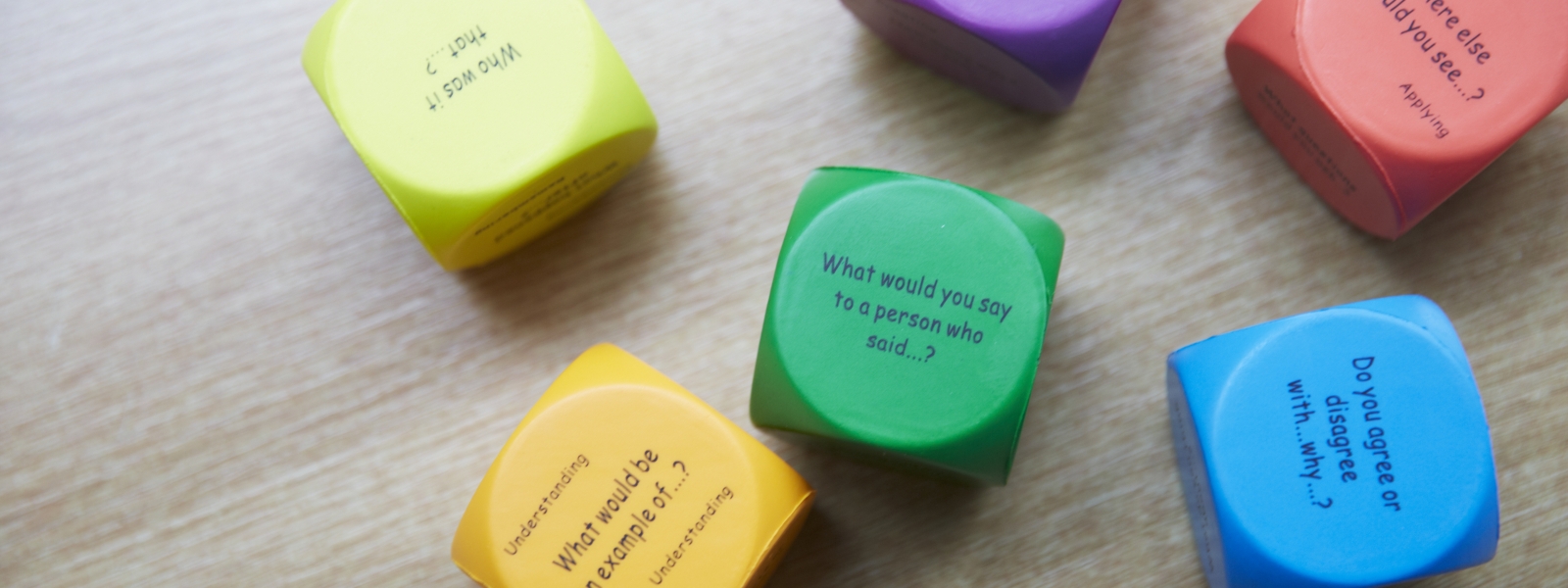Jun
25
2015
Five tips to increase your assertiveness
By Viv Thackray.
Being assertive can feel like it’s easier said than done, but including new skills and techniques in your personal toolkit can help you to develop confidence and increase assertiveness. Try these five tips to grow your skills:
1. Let your self-belief flourish
Self-belief is the foundation of assertiveness. Develop a strong sense of self-belief by challenging yourself to try new things and by learning new skills. Acknowledge and celebrate your successes. Spend time monitoring your inner dialogue; when you notice yourself making negative or energy-sapping statements, be sure to dispute them with a positive, self-affirming response. With practice, the positive inner dialogue will become habit.
2. Develop your emotional intelligence (EI)
Assertiveness requires two core emotional intelligence skills, the ability to:
- identify our own emotions and the emotions of others
- manage our own emotions, and the emotions of others, whilst under pressure
We can all develop our level of emotional intelligence, and the best way to start is by taking small steps. Begin by challenging yourself to manage your own emotional responses in situations you know you will find relatively easy to control. Gradually build your skills: increase the level of challenge and practice managing the emotions of others. Think of your EI skills as being like a muscle: every time you use those skills that muscle is getting bigger!
3. Get modelling
Observe someone whose assertiveness you admire and think about what makes their skills so impressive. Are they cool and unruffled under pressure? Do they casually take their time? Can they manage aggressive challenges effortlessly? Is everyone wowed by their authoritative body language? Although this technique is about observing behaviour, you can also ask the person for their top tips. Once you have discovered exactly what they are doing, saying or projecting to be so assertive, model that behaviour for yourself.
4. Listen
Listening is a key technique in the assertiveness toolkit. Effective listening allows you to hear what the other person thinks, feels and needs. This information is invaluable and can help you to negotiate and influence much more effectively. Listening also provides you with an opportunity to:
- pause
- practice calm
- choose your assertive response
5. Stay calm
When we feel anxious and under pressure our bodies enter into fight, flight or freeze mode. The ways in which our bodies respond include the release of stress hormones into the bloodstream and a reduction in the ability to process complex thoughts – not a helpful situation when you want to be assertive! Finding a technique that enables you to remain calm whilst under pressure is vital, and what works for you will be as individual as your personality. There is no 'one size fits all' approach but some popular techniques include:
- Practice holding your thumb and forefinger together whilst in a state of calm. It can help to think about a place or time during which you have felt extremely calm and relaxed. Next, ‘anchor’ the calm feeling to the thumb and forefinger action. Practice until you are able to prompt the feeling of calm just by placing your thumb and forefinger together. This enables you to use the thumb and forefinger technique, on its own, during times of anxiety, to evoke your moment of calm.
- Breathing exercises are also a popular way to effectively handle anxiety. Breathing is connected to, and influences, all aspects of the mind and body. Research has shown that inhaling for 5 seconds and exhaling for 5 seconds five times per minute prompts the body’s mechanism for reducing anxiety into action. This technique enables you to manage difficult situations and respond assertively.
The Centre runs a number of one and two-day personal effectiveness workshops which can help you increase your confidence, resilience and assertiveness, including: Assertive skills, Be more confident at work, Mindfulness at work and Stress management and resilience.
Viv Thackray is a positive psychologist and founder of Positive Change Guru. She works extensively in the private sector in the UK and internationally and also works with public and third sector organisations.


